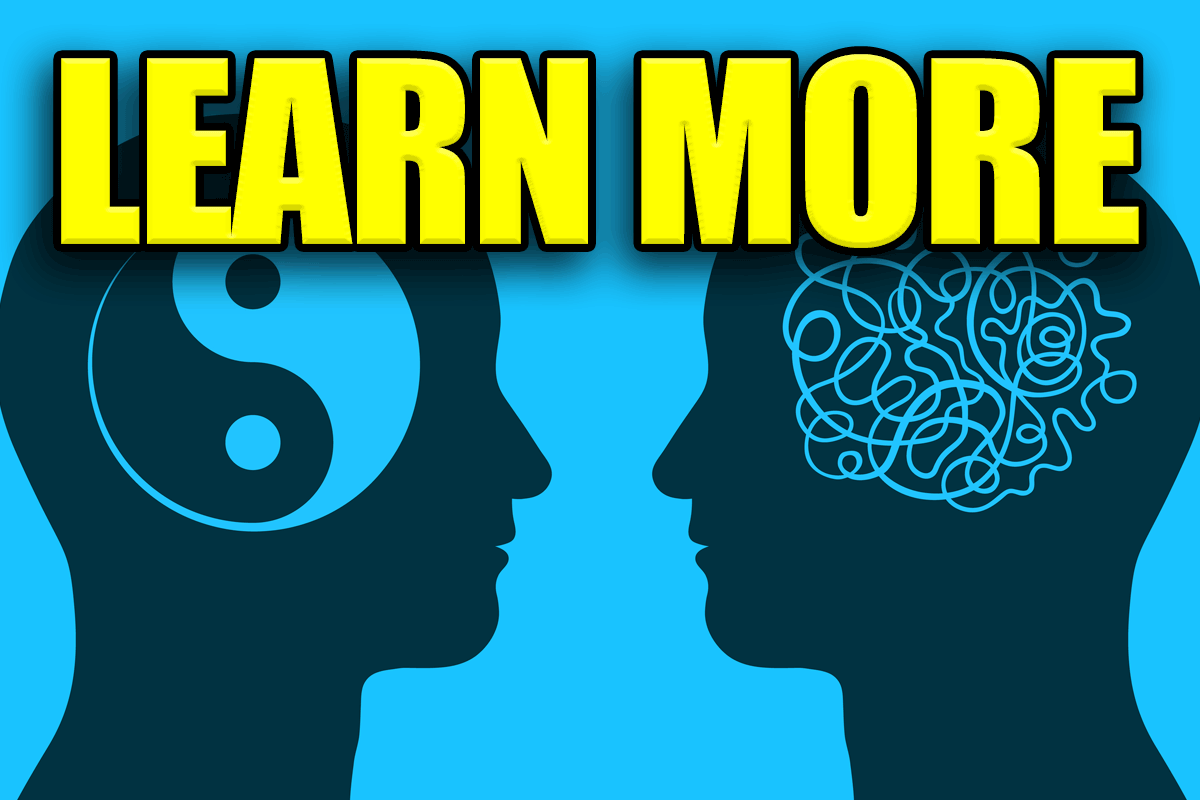Watching Mind
Why do we humans do things?
There are two fundamental models, at least from a big picture structure.
One is that we see the world.
Information comes in from the world, into our brain.
Then we think about that information, inside our brain, and come up with a response.
This is the “self-awareness in charge” model.
Then there is another model.
One that doesn’t make us feel so good, but is more supported by various scientific studies.
And that is the input-output system that drives our behavior is largely unconscious.
Nobody Driving
And our self-awareness is largely an observer.
Yet for ego reasons we very much like to believe “we” are doing the choosing.
If we can step back from our egos just for a moment, this second model makes more sense.
We’ve only had self awareness for a little bit, compared to our long evolutionary history.
We are mostly driven by much deeper instincts that existed WAY before our self awareness.
So it’s not likely that our self awareness, a very recent addition to our ancient brains, can somehow “override” our deeper instincts.
After all, being “aware” of something does not mean we can control that thing.
I’m “aware” of all the bananas in the supermarket, but I can’t juggle them with the powers of telekinesis.
I’m aware of my thinking process but I might not be able to control it.
What does this mean?
It could be an interesting philosophical discussion.
Plenty of philosophers have dedicated their life’s work to the question of free will.
Does it exist?
Or is it an illusion?
Be Their Subconscious
But there is a way to leverage this idea.
There ARE things that drive our behaviors.
Things that are outside of our control.
Or most people’s control.
Things like authority and social proof.
Plenty of studies have demonstrated that in the presence of authority and social proof, our independent thinking shuts off.
Yet we still “pretend” we are the ones choosing.
Marketers have known about this for decades.
They’ve been leveraging this idea to get us to buy all kinds of stuff we never knew we needed.
Secret Influencer
This can also be applied conversationally.
To get people to want and do things they didn’t know they wanted to want or do.
Of course, like any other tool this can be abused.
But even this, this collection of skills has its own built in plausible deniability.
Our ego, and their ego, will do most of the work for taking ownership of the secret ideas you slide into their brain.
Which means you’ll be the only one who REALLY knows why they are doing what they are doing.
And so long as you can let them pretend it was their idea, nobody needs to know.
Learn How:
Future Architect
Learn Hypnosis

Mind Persuasion has plenty of books and courses to teach you how to speak hypnotically and persuasively.
$9 Training
Mind Persuasion Books
Mind Persuasion Courses
$5 Subliminal Programs
Full Courses